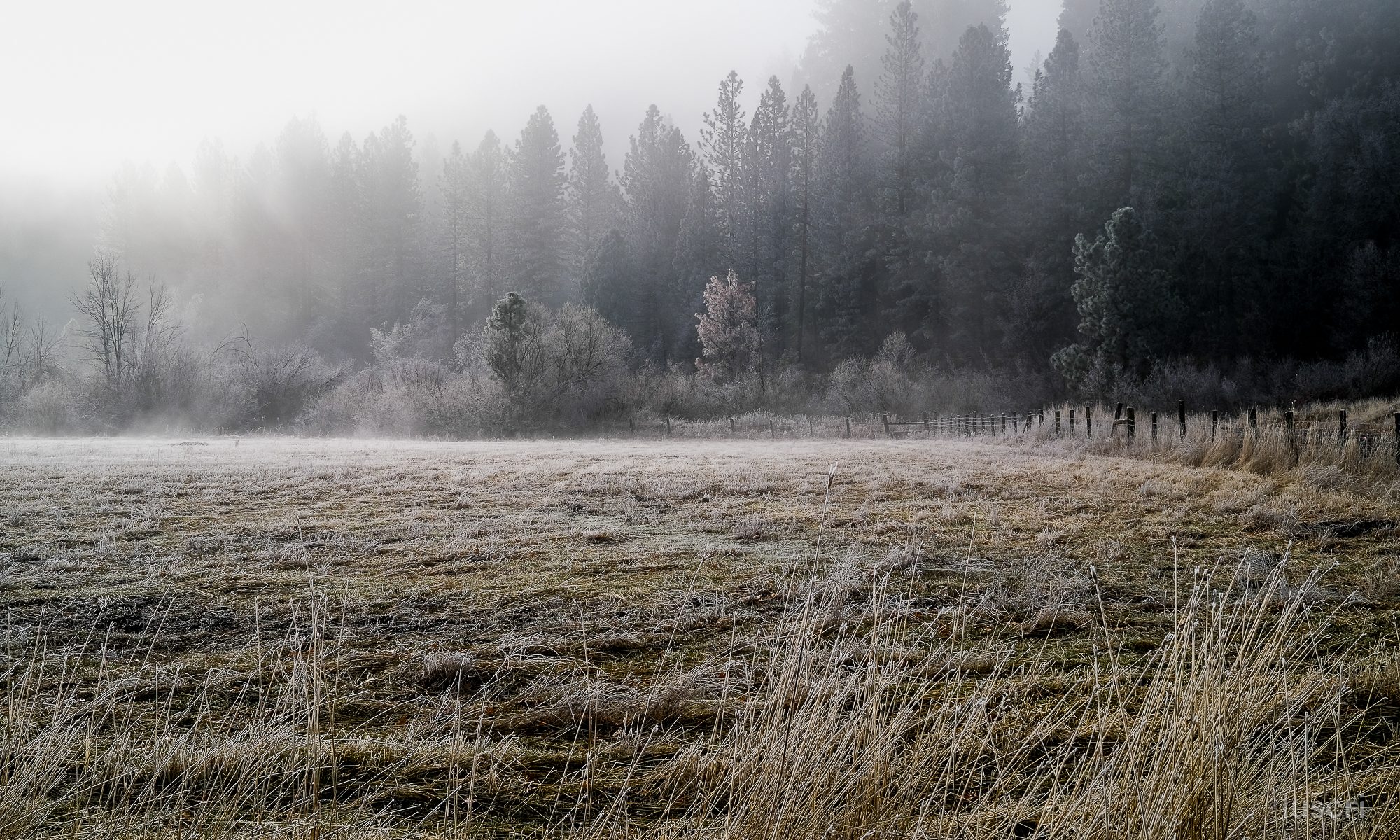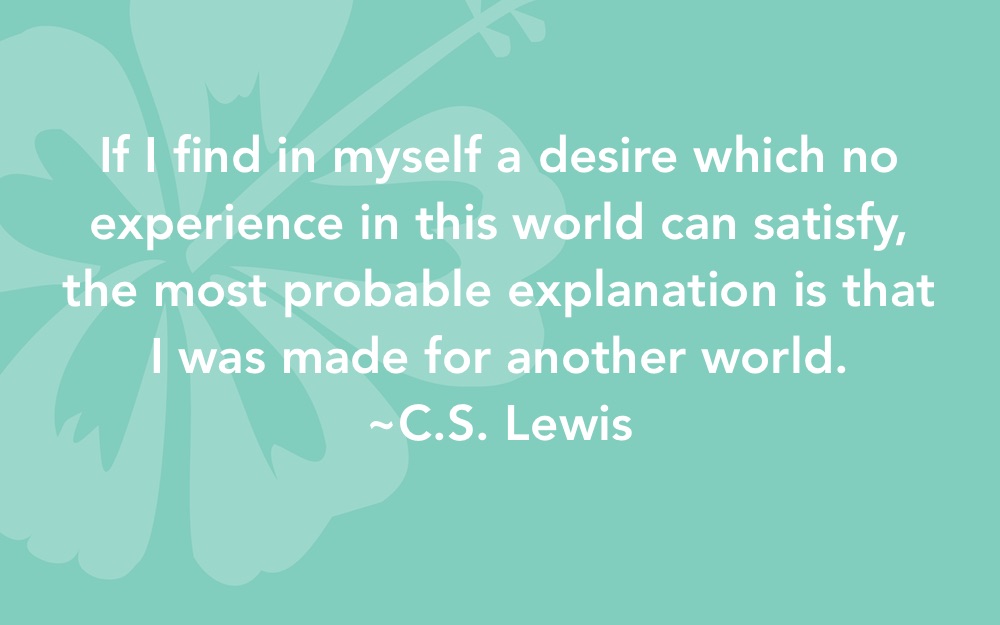Love is a crock. I mean this in the way it’s defined in Western culture. You know what I mean. I’m talking about the sappy-sweet you-complete-me romantic sentiment that powers a billion-dollar Hollywood industry.
The longing for romantic love is a siren call of lofty proportions and a losing proposition. My wife does not complete me. I’m not half of a half-baked pink heart puzzle. And neither are you. One thing’s for sure though:
Love is a supercharged emotion. And one sure-fire attractive clover.
What does clover have to do with love? Consider clover a metaphor for happiness, fulfillment, significance, love—whatever it is that you long for that you think will make you happy. It’s something that if only you can grasp and make it yours, you’ll have found paradise.
Love is a form of clover we all look for. And if and when we find it, as hard as that seems to be, often the finding is a whole lot easier than the keeping. And finding it is only the beginning—love must be cultivated. If untended, it will grow cold and brittle.

Love means never having to say you’re sorry. What the? Real love—not temporal infatuation or “true love” or romantic love—means always having to say you’re sorry. Love requires a humbling.
The greatest love—the kind that dies to self and cares for others—is the rare one. As rare as it gets.
The Four Loves
C.S. Lewis, in his The Four Loves, lays it out quite well. I’ve listed the English word, followed by the original Greek word in italics, and then a brief description of the four loves as follows:
Affection, Storge—love that grows from familiarity, like between family members and people who find themselves together by chance.
Friendship, Phileo—the strong bond that’s built between those who share a common interest or activity.
Romantic, Eros—no need to elaborate here, but rest assured, I will do so below.
Charity, Agape—the kind of love that perseveres regardless of circumstances. It’s the giving, sacrificial, often painful love. If we love this way, it’s because we’ve found a true clover.

Loving supernaturally
Lewis considers charity or Agape (pronounced äˈɡäˌpā) love as the greatest love and describes the others as natural loves that are subordinate to it. He writes that God is the ultimate charitable lover. Does this mean that charity is a supernatural love? I think so.
How many times have I loved someone and showed my love by giving my time and tears without selfish motives? I can count them on one hand. Imagine a God who loves charitably every day, every minute of the day. His ability to love is as far beyond ours as he is beyond us.
And God loves lavishly. He lays everything on the line. For us, this higher love is unnatural. It goes against our broken nature. God loves us in spite of ourselves. And when we love someone God’s way, with Agape love, we give our all and expect nothing. We take big chances and are willing to suffer loss.
Affection and friendship are relatively safe loves. Romantic love, Eros, is dangerous because it’s a taking, selfish love. Romantic love is conditional and is ripped away when needs go unmet. This kind of love can be brutal and harmful because it’s overrated and misunderstood.
What is love? Baby, don’t hurt me. Don’t hurt me. No more. ~Haddaway
Romantic love
We misunderstand love because we’ve elevated precisely the wrong kind. How many rom-coms do we watch and quote dialogue from and base our dreams of romantic love upon? What of our songs? In my view, we’ve made romantic love, which is a lesser love, the greatest.
So, with that in mind, allow me to spurn the clover of romantic love and favor the others, especially charity, which I will refer hereafter as Agape, so as not confuse it with our perception of modern charity. I’m confident that affection and friendship need no defense, but in our culture, the selfless love—Agape—has been kicked to the curb.
If Agape love is rare and precious, the clover of romantic love is common and cheap. I don’t mean that loving another romantically is cheap. Come on, I’m married—I’m not about to put that live grenade in my pants.
In my view, romantic love, which often lacks commitment, is just barely above attraction and way below Agape. What I’m saying is that the search for the clover of romantic love is a wild goose chase compared to the real stuff. Love that lasts, selfless Agape, is the highest and best love.
I wish I’d read about the four loves long ago. Like when I was four. It would’ve saved me a lot of trouble. Love is an attractive clover—it can make you do and say some dumb stuff.

Dumb love
My friend, I’ll call him Seth, claims that when it comes to (romantic) love, no woman is safe from his advances until she has said, “I do”—to another man. Seth is ultra-secretive about girls he’s into. He goes to great lengths to keep everything hush-hush. Which is funny because the girls he’s into almost always live out-of-state, even out of country. Dude, why so secretive?
Seth dates online and has been interested in girls in Canada or somewhere far away. You’d think the distance would make him feel safe enough to share his love life with his friends. Maybe he’s afraid the single ones will use his all’s-fair-in-love-and-war philosophy against him.
Seth rails against people who prefer courting. He thinks modern dating is the way to go. A mutual friend—Seth’s roommate—blames Seth’s kooky love ideas on the fact that he was home-schooled. Maybe, but I kinda think his being a minister’s kid has something to do with it, too.
Dating: The case for courting
Dating is not all it’s cracked up to be. Same for romantic love. I experienced enough of both to realize this: Dating is one pressure-packed, heart-wringing butt kicker. It’s like a promising land-mined field of clover one must navigate carefully in order to avoid blowing oneself and a love interest to smithereens.
Courting is different. I never courted, but rather wish I had. But then, I may have married young and dumb and would be sitting down to dinner tonight with eight bonnet-wearing, suspender-clad children—crops tended, fields filled with clover and horses stamping the field. Stereotype? Of course, it’s fun.
I’m glad I didn’t court, but not because I don’t believe in it. Relying on the boundaries of courting is an effective way to build genuine love based on sharing personalities, joys and values rather than bodily fluids.
And besides, had I courted young, I would’ve missed out on my wonderful wife and our little family of two dogs. Not looking for that clover anymore—I found the real thing. Suckah! Just tipped my hat to romantic love.

Dating disaster
I don’t write this to denigrate dating, per se—my real target is the romantic love myth. Dating is merely a component. I know that one can find love by dating, but it’s a risky business.
My first date was a disaster. When I was a high school sophomore, I invited a girl I didn’t even know to get ice cream after school. I arrived at her place in my first car, a 1968 Mustang—candy-apple red, black leather interior, chrome mags and white-letter tires.
Up until the moment we drove away, I’d thought my aging Mustang was the coolest, tightest machine ever. By the time I dropped her off, my beloved pony seemed like a squeaky, lurching pile of junk. The whole experience was nerve racking—like a wreck.
Makes me wonder if my car was as embarrassed as I was. Like if it could, it would have said, what’s gotten into you, boy? We don’t need HER. Turn the radio back on and crank it—you’ll forget about my squeaks, if you don’t hear ’em. Let’s roll.
I have a high school friend who rode the exciting dating wave all the way to bed and then to the altar. He got to know his wife after building a relationship on the false intimacy of sex. Two kids and numerous legal battles later, they divorced.
I’m not saying that dating is a false clover love-hunt. It’s a crapshoot. I mean, let’s face it—on a date, everyone’s on the their best behavior. And real intimacy is developed by a whole lot more than sex.

Love is not Paradise
Our problem is not love. It’s with our fallacy about love—that finding it is the key to happiness. In truth, it’s a seductive clover hunt that rarely leads to happiness. Here’s why:
No one can make you happy. And looking for someone to make you happy is selfish. It isn’t love—it’s loss. It’s not paradise—it’s parasitic.
If you want someone to make you happy, you have to take it out of him or her. And they out of you. So there it is—two people trying to squeeze happiness out of each other. Or worse, one emptying oneself for an emotionally grasping other.
At least in the case of two love-suckers, each will eventually realize they’re not getting what they think will make them happy, so one or both ends the relationship and moves on. But when one gives while the other takes, it can be a long sad sucky story.
“You are the answer to every prayer I’ve offered. You are a song, a dream, a whisper, and I don’t know how I could have lived without you for as long as I have.” ~ Nicholas Sparks
Spoiler alert
Here’s a spoiler: There is no such thing as a soul mate. How do I know this?
Well, for starters, there’s no ONE person in this world who’s ideally suited for you or for me. On a planet of nearly 7.5 billion souls, there are at least thousands who would be a good match for either of us.
Do you realize how arrogant I would be to think that only one person among billions could be my perfect match, my soul mate? As if my needs in a mate are that incredibly unique. Even eHarmony founder Neil Clark Warren can’t really believe this tripe.
Another reason soul mates don’t exist is because the maker of your soul is not nearly as interested in mating your soul to another as he is in you loving him back. God is not a heavenly matchmaker. He’s not Chuck Woolery looking to make a love connection for you and some other sucker.
That’s not to say that God isn’t interested in gifting you with a well-suited mate. Or that your husband or wife isn’t crazy wonderful. Don’t mistake me for a sourpuss soul mate scoffer. I love my marriage and my wife, and I love our love. But we’re not soul mates. No one is. It’s a rom-com myth.

Love is bigger than us
Do you see how our perception of love makes love seem small? We think love is meant to be found, to be enjoyed for what it gives us. For how it makes us happy. That makes love a what-can-you-do-for-me proposition.
When we long for a soul mate, we elevate our need for love for and from another person above God’s love for us and his desire for us to love him back. The romantic love mythicized in movies, music and any other form of culture is fool’s clover. It’s not about us … with us. It never has been.
God is all about making a love connection with us. He loves you infinitely more deeply and completely than some schmuck like you or me. He wants you to love him back. If you do, maybe he’ll give you someone to love. But don’t settle.
After all, why would you settle for the gift when you can have the giver? We settle for less all the time—to our loss and God’s pain.
God’s love is the real deal and is free. A relationship with him, however, cost him infinitely more than we could ever pay—the death of his beloved son. This is how much he loves you:
“For God so loved the world that he gave his one and only Son, that whoever believes in him shall not perish but have eternal life.” ~John 3:16
What will you do with this kind of love?
The greatest love is not a form of clover. Nor is it found in a person. It’s found in the one who created love because he is love. God is the ultimate lover and you are his love interest. He—not Tom Cruise or Renee Zellweger—can complete you.










